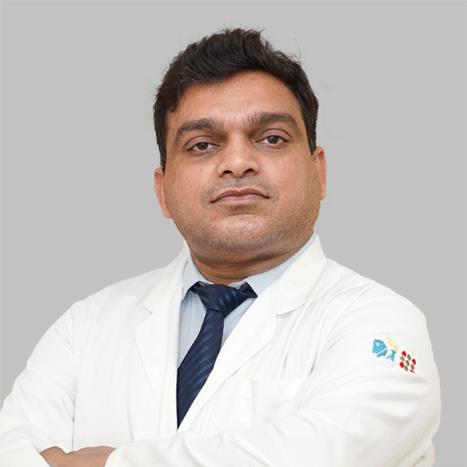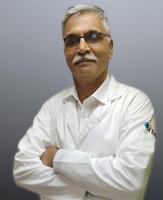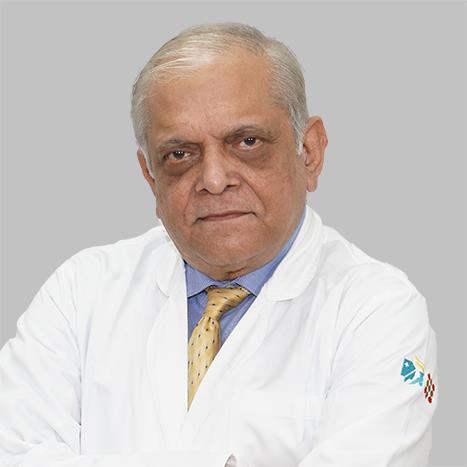Types/Stages of Dementia
Dementia is categorised into types depending on its root cause:
-
Alzheimer’s Disease: Accounting for 60-80% of cases where progressive brain cell death leads to memory loss and cognitive decline.
-
Vascular Dementia: Often follows a stroke where brain cells are deprived of oxygen leading to cognitive impairment.
-
Lewy Body Dementia: Characterised by protein deposits in nerve cells interrupting brain function.
-
Frontotemporal Dementia: Involves damage to the frontal and temporal lobes of the brain affecting behaviour and language.
-
Mixed Dementia: Combination of two or more types of dementia.
Symptoms of Dementia
Dementia is a progressive disorder and therefore, symptoms tend to worsen over time. Additionally, a manifestation of the disease is influenced by the specific area of the brain impacted. According to dementia specialists and the best doctors for Alzheimer’s disease, there are a range of symptoms associated:
-
Memory problems especially recalling recent events
-
Difficulty with communication and finding the right words
-
Confusion about time, place or people
-
Personality changes including increased irritability or apathy
-
Agitation and mood swings
-
Difficulty in performing complex tasks
Tests to Diagnose Dementia
At Apollo Hospitals Lucknow, the diagnostic process followed by dementia specialists includes:
-
Cognitive and Neuropsychological Tests: Assess cognitive functions such as memory, problem-solving skills, attention spans, language skills and math skills.
-
Brain Scans: CT scans or MRIs can detect brain tumours, strokes or issues causing dementia symptoms.
-
Blood Tests: Help rule out other potential causes of confusion, memory loss or concentration problems.
-
Mental Health Evaluation: Identifies depression or other mental health conditions that cause symptoms like dementia.
Treatment or Surgery Options for Dementia at Apollo Hospitals Lucknow
While there is currently no definitive cure for most forms of dementia, the best dementia specialists at Apollo Hospitals Lucknow offer several treatments and therapeutic approaches designed to manage symptoms and slow disease progression:
-
Medication: Drugs like donepezil, rivastigmine, galantamine and memantine can help manage memory symptoms and cognitive changes or slow disease progression.
-
Occupational Therapy: Helps improve the patient’s ability to perform daily activities, thereby increasing independence and improving physical and cognitive abilities.
-
Lifestyle Changes: Regular physical activity, a healthy diet, mental activity and social interaction can improve the patient’s quality of life and slow down cognitive decline in dementia.
-
Counselling and Support Groups: Ensuring safety at home and providing cognitive stimulation can provide relief from symptoms.









 Call Now
Call Now





